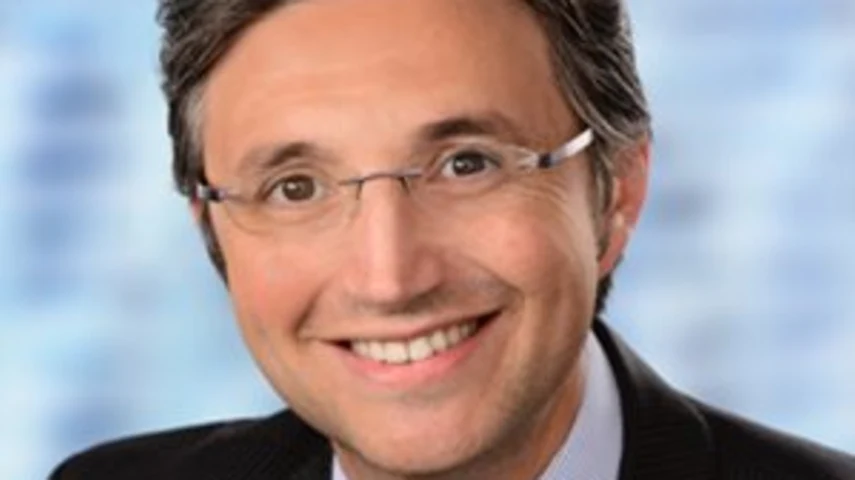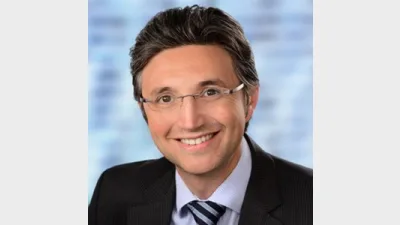Retirement income streams trapped between risk and returns



Retirees are trapped between low yielding cash and bonds and higher yielding equity markets that on average suffer 30 per cent drops with the funds management industry still primarily focused on wealth accumulators.
Betashares chief economist David Bassanese said while many retirees and self-directed investors, particularly those using self-managed superannuation funds (SMSF), tend to invest in cash and bonds the returns from those sectors have declined significantly.
"The real (after-inflation) yield on 10-year government bonds has declined from an average of 5 per cent per annum in the 1990s, to only 2 per cent per annum so far this decade," Bassanese said.
"The real cash rate has declined from an average of around 3.5 per cent per annum back then to be today effectively zero, increasing the probability of investors running out of money during retirement."
However he said equities have "continued to remain treacherous as ever" with the Australian stock market suffering a 30 per cent decline on average every 20 years and that "history suggests new retirees will face at least one gut-wrenching 30-50 per cent equity market decline in their remaining lifetime."
He also said international equities were of limited benefit during market downturns due to 70 per cent correlation between Australian and international equities markets providing little room for investors to find safe-havens during downturns.
Bassanese said these investment returns were starting to impact retirees who were faced with both longevity risk and sequencing risk with product providers still working to find the appropriate balance to minimising both of these risks.
Betashare managing director Alex Vynokur said last month the group launched the BetaShares Australian Dividend Harvester Fund in which large-cap Australian shares were purchased for dividend income streams.
These income streams were protected by using ASX SPI 200 futures as a risk management strategy, run in conjunction with Milliman, to offset any possible downside risk.
Vynokur said the fund would aim to provide at least double the annual yield of the broad share market via regular rebalancing of its portfolio to obtain exposure to securities that have been actively screened for high levels of dividends and franking within the next rebalance period.
Recommended for you
Bell Financial Group has appointed a chief investment officer who joins the firm from Clime Investment Management.
Private markets funds with “unattractive practices” could find themselves facing enforcement activity with ASIC chair Joe Longo stating he cannot rule it out in the future.
Despite ASIC concerns about private credit funds being accessed via the advised channel, there are questions regarding how high its usage actually is among financial advisers.
Challenger has looked to the superannuation industry for its appointment of a group chief investment officer, a newly-created role.









